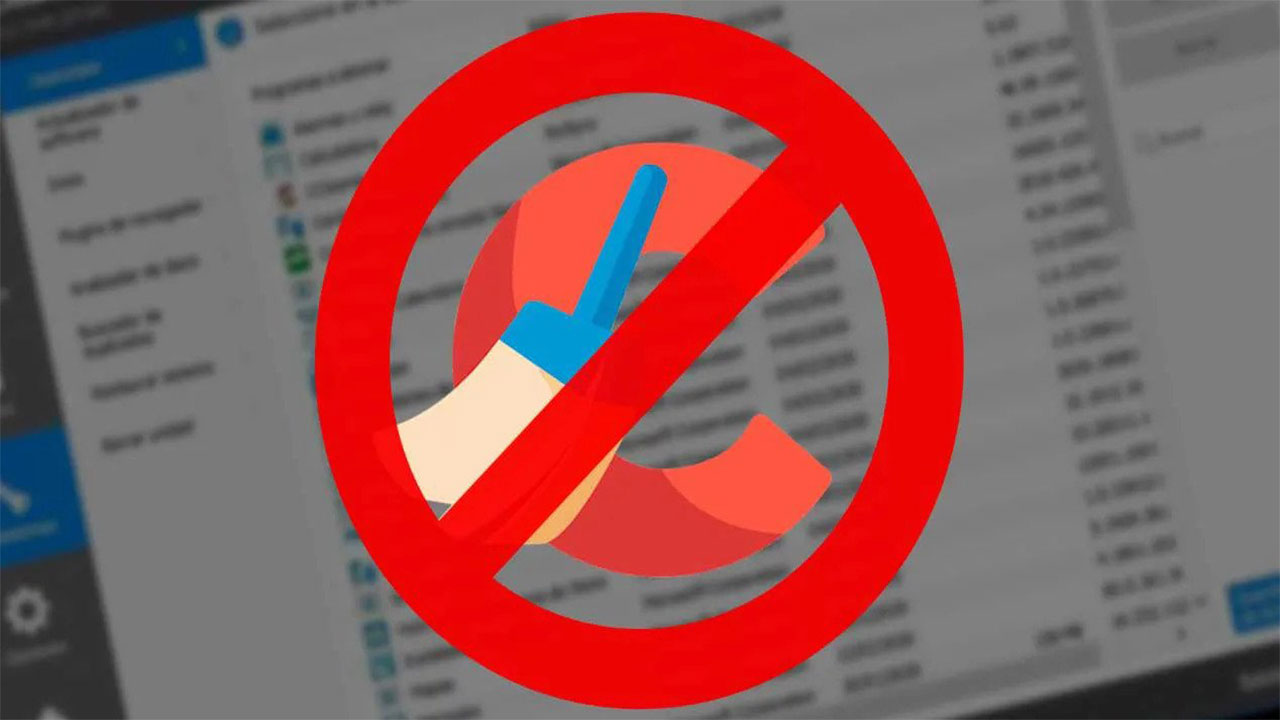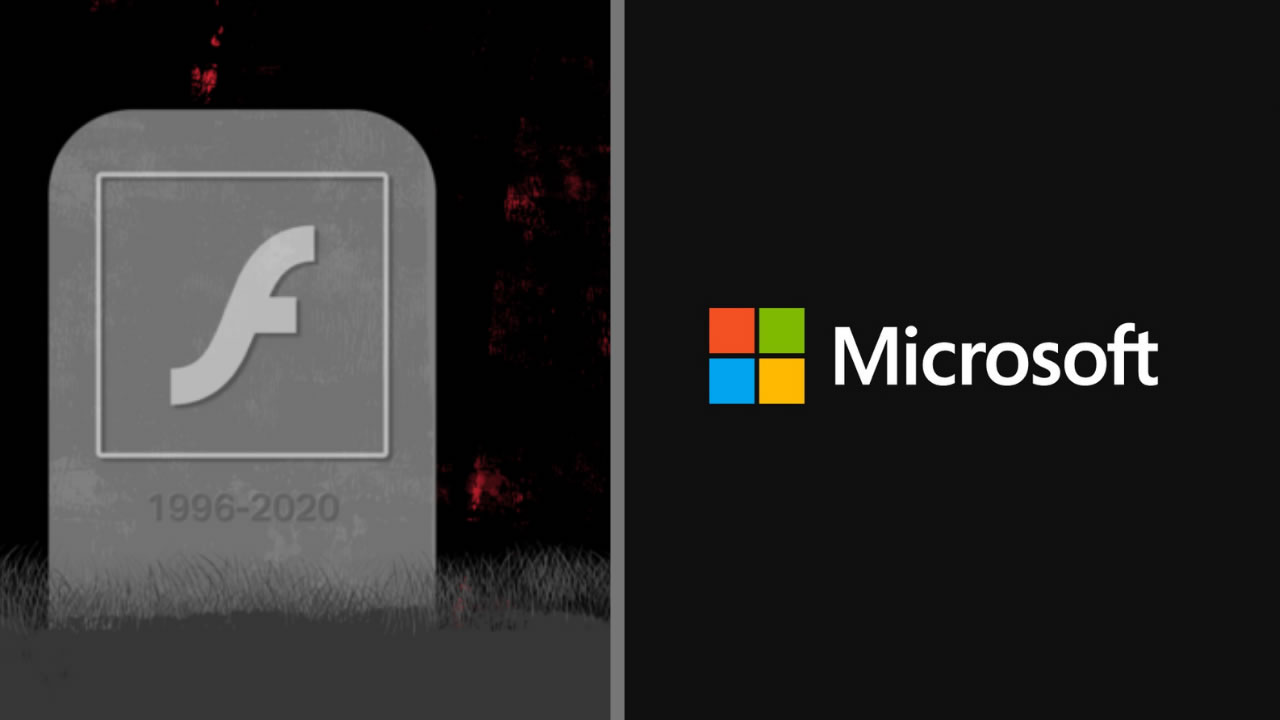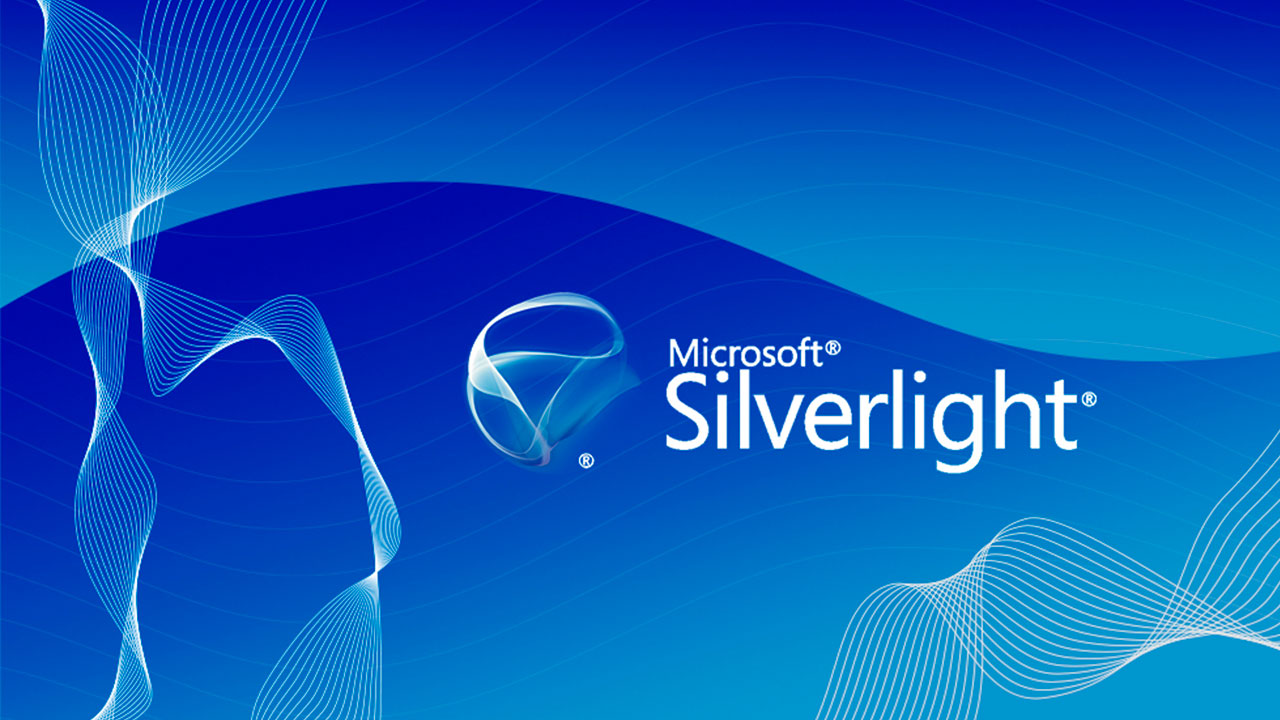Our phones and computers come to us with a certain storage capacity. In the ever-growing new digital world, our need for storage capacity is increasing. More storage capacity unfortunately also means more money. However, there is another step that needs to be done before increasing the storage space.
Unnecessary applications on Windows computers
We host many applications on our phones and computers. However, many of these applications are far from being usable anymore. On the other hand, most applications have now reached unnecessary status. You can also save storage space and avoid some risks by deleting such unnecessary applications. Here are the unnecessary apps you should remove from Windows:
QuickTime
QuickTime stands out as Apple’s video player. While it’s still an up-to-date program on macOS, the company unfortunately hasn’t supported the Windows version since 2016. With the parent company removing its support, this application has become one of the risky products.

Shortly after Apple announced the discontinuation of QuickTime for Windows, Trend Micro announced that the software had several critical vulnerabilities. It is no longer safe to have QuickTime installed on your computer, as it will not receive updates from now on. You can use VLC instead of QuickTime.
CCleaner and other computer cleaning programs
CCleaner and similar cleaning applications were very useful software for previous Windows versions. Such applications were very useful due to many security vulnerabilities in Windows 7 and previous versions.

However, with the elimination of security vulnerability problems to a large extent, CCleaner and similar computer cleaning applications can now be considered unnecessary. Additionally, after being acquired by Avast, CCleaner became the address of various malware many times.
Adobe Flash Player and Shockwave
Adobe Flash Player is no longer supported by Adobe or browsers as of January 2021. Although it is now blocked in all modern browsers, it is still useful to remove local copies of Flash. This application, which no longer receives updates, may come back to you as various security vulnerabilities.

Similarly, Adobe Shockwave Player was discontinued in 2019. The company no longer offers this application, and your likelihood of finding a website that needs this application is extremely low. For this reason, we can describe both Shockwave Player and Flash Player as applications that take up unnecessary space.
Java
Although it was once quite common, very few websites today use Java anymore. According to the latest data, it has been revealed that less than one percent of websites use Java.

Modern versions of Chrome and Firefox have also now said goodbye to Java support. Therefore, unless you are an Android developer or using specialized Java-based software, we recommend that you uninstall this application.
Microsoft Silverlight
Silverlight is an application similar to Adobe Flash that once enabled rich media content in your browser. Years ago, these plugins were required on many websites. But with the change in technology, the use of Microsoft Silverlight has decreased significantly.

Let us remind you that this application, which Chrome and Firefox have not supported for years, has never been compatible with Edge. Silverlight was only officially supported in Internet Explorer, which Microsoft is discontinuing in mid-2022. Therefore, you can get rid of another unnecessary application by uninstalling Silverlight.
By uninstalling the applications mentioned above, you can get rid of security vulnerabilities and free up some space on your computer. On the other hand, it may be possible to get rid of the clutter on your computer this way. So, what do you think about unnecessary applications on computers? You can share your opinions with us in the comments section.













